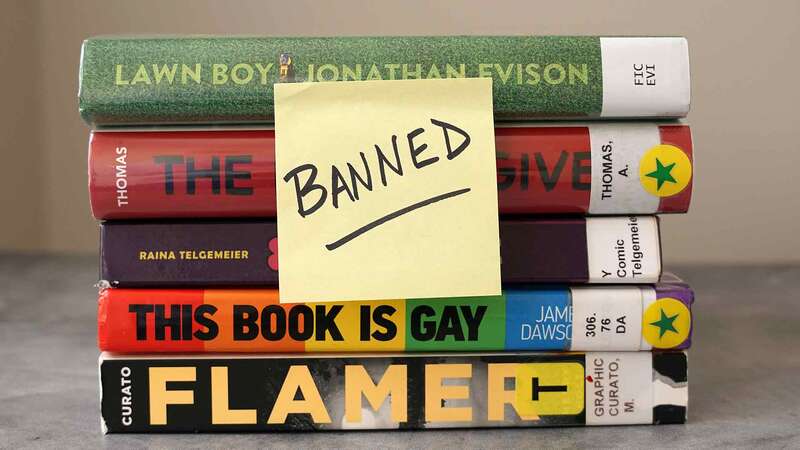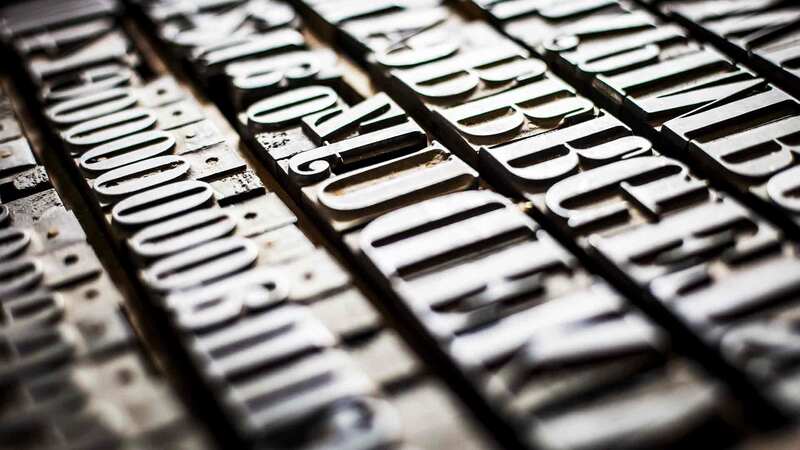You are viewing your 1 free article this month. Login to read more articles.
China crackdown on maps sparks major production delays
A new censorship crackdown in China has led to Beijing officals checking all books being printed in the country for maps, causing delays of up to eight weeks for production teams and derailing launches for books featuring any kind of map.
Chinese censors have long taken a hard line on politically-charged subjects such as Tibet, Taiwan and the Tiananmen Square massacre. But, since late last year, the authorities have been tightening their printing approval processes and the main source of contention is maps.
Printing firms and publishers say books being printed for publication both within the country and overseas are now being checked for maps of any area in the world, not just China or territories it disputes. One publisher told The Bookseller an entire launch campaign for a book on a western city had been derailed because it included a map.
Until recently, non-sensitive content was checked by local government officials in a matter of days. But companies say now anything containing a map – even one that is centuries old, has no link to China or has been printed before – is sent on for approval at state level in Beijing.
In some cases, production teams have had to send books to other countries like Singapore for printing at a higher cost, or simply swapped the problematic content for different images. Of those companies contacted by The Bookseller, none had been given an official reason for the policy change.
One production worker at a large publisher, who wished to remain anonymous, said: “We’ve got titles we’ve promoted in China quite happily for years, things like walking guides to the UK. There’s nothing controversial in there at all but they’re now having to be checked by the Chinese government because they include a map.
“We don’t know why but it may be that everyone’s particularly paranoid about it there at the moment. With some of the stuff we’re having to say, ‘We just can’t print this in China’.
“Eight weeks is probably the worst delay we've had, but that can be pretty disastrous for the way we publish now and for stock for reprints.”
A letter sent out in November by one Chinese printing firm warned publishers of tightened regulations on maps, nudity and topics such as religion, war, rebellions and recreational drugs. Clients whose work falls into those categories were urged to send over files well in advance so they could be examined internally by the printers first, to see if they were suitable.
The company was warned it could be placed under “close supervision” or have its licence revoked if authorities found it had applied to print “improper” material three times in a year. The printing firm also claimed Chinese officials had threatened to look at books published overseas and trace who the printer was to check the content had been through the proper approval process.
Another Chinese printing firm, C and C Offset, has asked publishers to make the company aware of any map content well in advance so it can be checked with the authorities and minimise disruption.
Director Tracy Broderick told The Bookseller: “We hope that things will calm down eventually but at the moment everyone’s working to the exact letter of the law.
“There have always been sensitive issues but this additional timing on maps has taken us all a little bit by surprise.
“We haven’t come across many issues so far but we’re warning everybody and everybody’s taking a bit more caution when placing map work at the moment.”
A production manager at a medium-sized UK non-fiction publisher, which does most of its printing in China, said the changes had caused a “chaotic situation” with one problematic title potentially causing whole batches of other books to be delayed.
He said: “They always used to require books to be checked for the same things but we’d got into a routine of pretty obviously contentious material getting through. If a book did include a map and maybe mild nudity the context would be taken into consideration. But there’s been a raised level of attention towards it by government so that’s not happening now.
“It’s causing me a massive headache to be honest because, currently, for small to medium-sized publishers producing books in China is the most cost-effective way to do things, especially if you try to do things in batches so the costs are not so prohibitive.”
Ken Fund, chief operating officer at the Quarto Group, said his company was also looking for ways to mitigate the problem.
He said: “We have experienced some printing delays in China, affecting books shipping to all markets, as additional checks are currently required for some titles and topics. Our production teams and printing partners in China are working closely to help us understand and anticipate potential issues before they arise, or to find alternative solutions if needed.”
The Bookseller has approached the Chinese government for a comment.

















